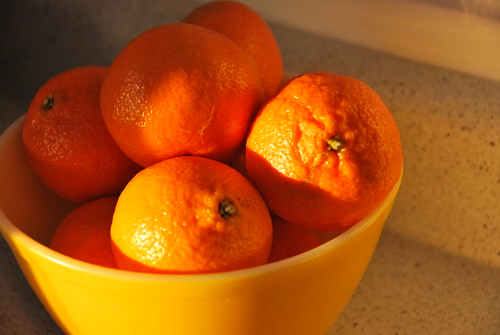You can read the full text of the poem here: http://www.poemhunter.com/poem/why-i-am-not-a-painter/
Following is my essay. Please feel free to add your thoughts in the comments.
*********
Frank O’Hara’s “Why I Am Not a Painter” uses the “I-do-this-I-do-that mode” to create a narrative context where meaning is created through conjunction, and contrast. Both of these notions play out with ironic power as O’Hara tricks the reader into the verbal through the visual. For correspondence we have the artistic process of two artists placed on an equal plane: one who creates through a visual medium and begins with the verbal or the word and the one who creates through a verbal medium and begins with the visual or the colour. In both instances, the painting and the poem’s subjects are condensed into the work, from the visible origins to a highly distilled invisibility that is no less present or powerful for its absence. The very proximity of these two different artists, friends, who move from “I drink” to “we drink”, becomes a catalyst for the work they create, in the explanations that charge the work through its negation. The subject is “too much” in both instances, and it is through the artistic process that the subject is distilled beyond recognition.
Beyond the correspondence between the two artists, there is the contrast, which is presented almost as a competition. Mike Goldberg’s work appears to develop through time in present tense linguistic repetition and conjugation of the verb “go”. When the work, apparently in progress, is finally so abstract that SARDINES disappears, the only trace we have of the original idea is the label, which remains necessary to impose an organising principle: “it needed something there”. O’Hara’s work, on the other hand, ends up with a label that is both visual and verbal, a clever bit of trickery that shows us the power of language. Goldberg’s SARDINES is already subverted into this poem, which encompasses the very thing it abstracts: “All that's left is just letters.” All of this self-conscious irony goes hand in hand with the seeming natural prosaic quality of the work. While it may, at first glance, appear to be a simple recount in present tense about the meeting of two artists and their mediums, it is, and O’Hara reminds us of this very clearly, actually a “real” poem. The narrative construct, like the progression of time (“the days go by”) is artifice. This artifice is further emphasized by the line breaks and artificial sentence structures that create a stuttering quality that undermines the natural rhythm of the sentences: “he/says”; “days/go by”; “just/letters”; “be/so much more”. Each of these word groups breaks at the least natural spot, further heightening the irony and undermining the conversational tone it sets out to parody. At this point, the artistic process becomes obvious, the work becomes self-consciously meta-poetic, with a victorious twist at the end as the poem circles back to its origins and engulfs the painting. This poem is autotelic: it transcends its referent - it needs nothing there. “Why I am Not a Painter” manages to be simultaneous funny and serious, lighthearted but somber (orange is truly terrible, reminding us, in this poem, of death), superficial and deep. This is a poem that succeeds brilliantly at illuminating everything it claims to elude, making itself the subject.
*************
And just because this is a blog and not an academic site, I’m also appending a wonderful rendition of another Frank O’Hara poem, “Lana Turner Has Collapsed" from Lunch Poems. This song was my first exposure to Frank O’Hara, played for me by the composer, my dear uncle, who I’m fairly sure you can hear laughing at the end of the clip. I had this song in my head the entire time I wrote that essay and it’s still there now.
Oranges - photo credit: Early morning sunshine via photopin (license)

No comments:
Post a Comment